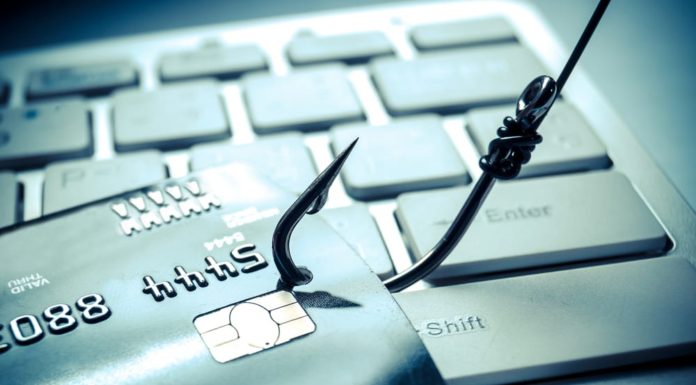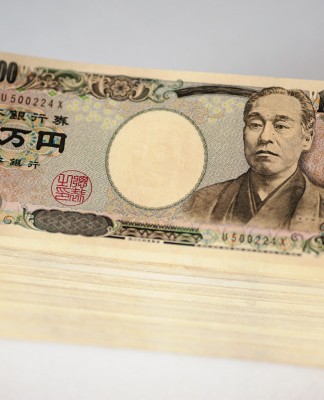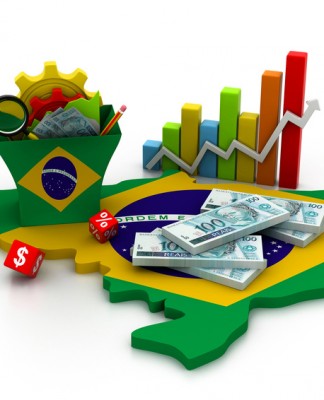Most of the reporting on blockchains revolve around its association with cryptocurrencies like Bitcoin. So much so that some people think that blockchains and Bitcoin are synonymous. They are not.
Blockchains are ledgers
A blockchain is basically a system that records transactions. Where it is unique is that each transaction is recorded to every computer involved in the system. That transaction is dated and linked to other transactions that occurred before and after it, creating a virtual paper trail. Through cryptography set up by the blockchain creator, a transaction record is validated by the computers in the network. As soon as there is enough validation, the transaction is accepted. This also prevents the record from being tampered with.
Because blockchains create a direct line between parties, there is no need for a middle man or facilitator, such as a bank that charges fees to transfer funds from buyer to seller. Also, because only the transaction is validated, not the parties, blockchains can allow for almost complete anonymity, while still maintaining a complete trail for the deal. And because blockchains store information in potentially millions of locations, the risk of fraud or theft is extremely low. Especially when compared to the same information being stored only in one place.
So, a blockchain was established to create then track Bitcoins.
Blockchains have many possible applications
But blockchains can be used for so much more. It could pretty much be used anywhere transactions are recorded and tracked. Financial institutions are definitely taking notice. Goldman Sachs recently published a white paper, “Blockchain – The New Technology of Trust”.
Beyond finance, there are discussions as to using blockchains in product supply chains, maintain intellectual property rights, store land title deed information, certify authenticity of any number of valuables, and so much more. With these possibilities, there also needs to be care. People cannot be dazzled by the buzzword and go blindly along with anything touting “blockchain”. As with any product and market, quality and size can matter.
What are the implications?
This may seem like an irrelevant discussion for an investor. What does a back-end technology have to do with your portfolio? Well, consider this. Will you be more confident if you know that a deal you’re about to transact, such as a property purchase, will rely on a blockchain? Or what if the company you’re about to invest in, perhaps a diamond trader, uses blockchains to track and manage their business?
Bitcoin has definitely shined a light on this technology, but it is not the only application. Players of all sizes in finance and more, are looking into how they can leverage blockchains to their benefit, so Richard Cayne feels.















